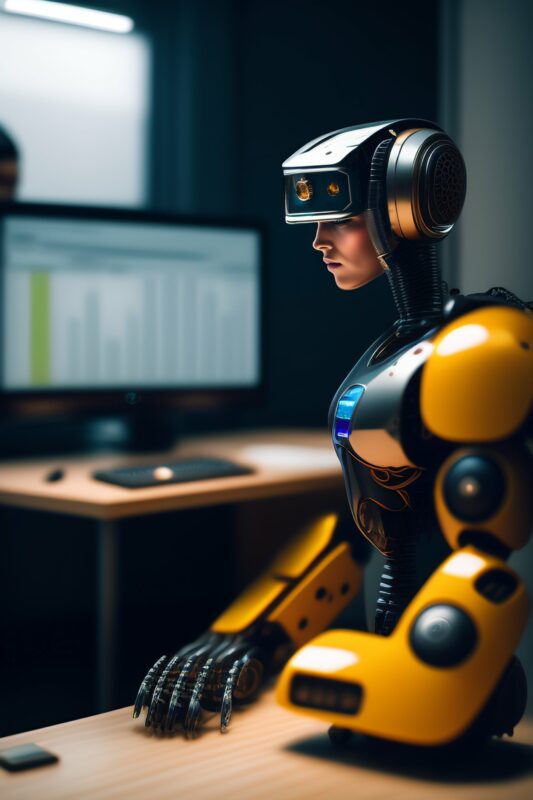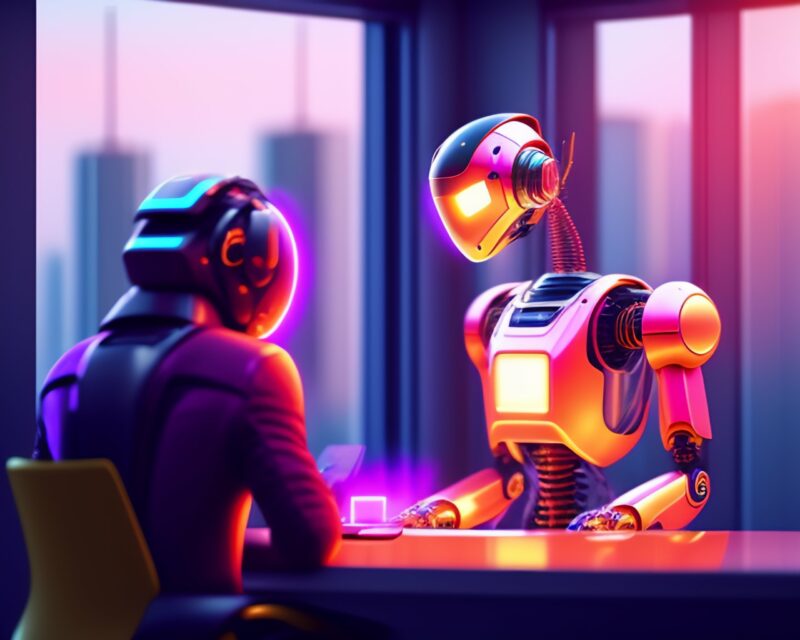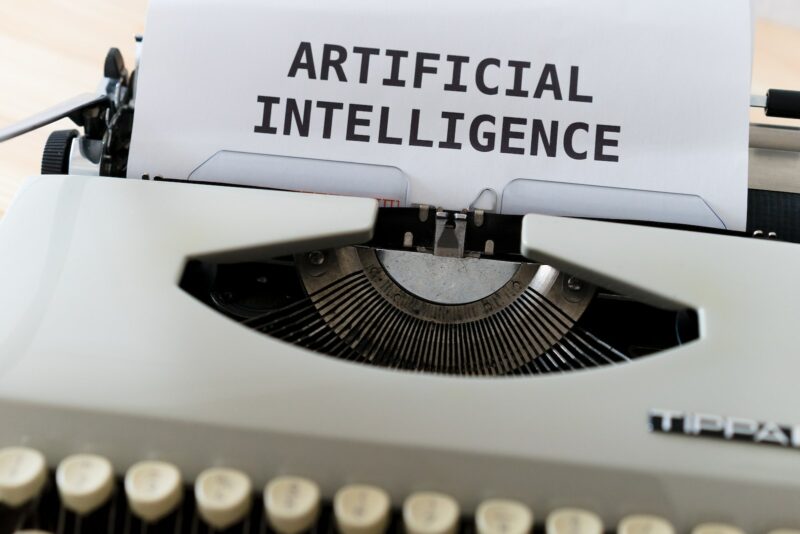Artificial intelligence is one of the most searched topics on the internet lately, especially with the release of Chat GPT and other accessible technologies.
Artificial intelligence (AI) is one of the most promising technologies in recent years and has the ability to transform the way we live and work. With the constant evolution of technology, some professions will be extinct as machines and computer programs will be able to perform tasks more efficiently, accurately, and quickly than humans.
In this article, we will list 10 professions that are at risk of being extinct due to AI. Check it out!
Artificial intelligence: what technologies are currently available?
Before listing the professions, it is important to highlight the main artificial intelligences currently in existence. There are several types of AI, but the main ones are:
- Machine Learning – Algorithms that enable machines to learn from previous data and experiences.
- Natural Language Processing – Allows machines to understand and process natural language, such as spoken and written language.
- Computer Vision – The ability of machines to identify and interpret images and videos.
- Artificial Neural Networks – Algorithms that seek to imitate the functioning of the human brain to perform tasks such as pattern recognition.
- Collaborative Robots – Machines that work in collaboration with humans, automating tasks that were previously done exclusively by people.

Discover the 10 professions threatened by artificial intelligence
Now, let’s list the 10 professions that are at risk of becoming extinct due to AI:
1. Truck drivers
With the advancement of autonomous vehicle technology, the need for truck drivers will be significantly reduced.
2. Supermarket cashiers
Self-checkout technology is already a reality in many supermarkets, and the trend is that it will become increasingly common.
3. Market analysts
AI can analyze large amounts of data and provide valuable insights into market trends, making the function of market analyst obsolete.
4. Lawyers
AI technology can be programmed to perform legal research and document analysis much more efficiently than a human, which can significantly reduce the demand for lawyers.
5. Radiologist doctors
Another possibility is that AI can be trained to detect signs of diseases in medical images, which could make the function of radiologist doctors obsolete.
6. Accountants
AI can be programmed to perform routine accounting tasks much more efficiently than a human, which could reduce the demand for accountants.

7. Telemarketing operators
Telemarketing calls are already becoming different, as AI is capable of interacting with customers in a more natural and efficient way, which can replace traditional telemarketing operators.
8. Clerks
AI can also be programmed to perform routine administrative tasks much more efficiently than a human. With this, the need to hire clerks may decrease drastically.
8. Receptionists
AI can be programmed to perform reception tasks, such as answering calls and scheduling appointments, much more efficiently than a human, which could make the function of receptionist obsolete.
10. Fast food cashiers
With the increasing automation of processes in fast food establishments, the function of cashiers has already begun to be replaced by self-checkout machines.

It is important to note that AI will not necessarily completely extinguish these professions, but rather transform them and reduce the need for human labor. Additionally, it is possible that new professions may emerge that do not currently exist, which will be necessary for the operation and maintenance of AI.
It is important to highlight that AI can be a great ally in many professions, making work more efficient, precise, and safe. However, there must be a balance between technology and human work, so that there is not a complete substitution of professionals by machines.
In conclusion, AI is a constantly evolving technology and can bring many changes to the job market. The professions we listed are at risk of being extinct or transformed by AI, but it is important to remember that technology can be a great ally in many other areas and that new professions may emerge from these changes. It is up to professionals to adapt to this new reality and stay updated to keep up with market trends.

Como editora estagiária, Jane é responsável por verificar fatos e revisar artigos para garantir a precisão das informações divulgadas pelo blog. Embora seja um pouco tímida e introvertida, Jane é respeitada por seus colegas por sua habilidade incomparável e por sua dedicação em ajudar o blog a fornecer informações precisas e confiáveis para o seu público. Para aqueles que procuram uma perspectiva única e inteligente sobre as notícias, Jane Smith é uma editora estagiária que não pode ser ignorada.


